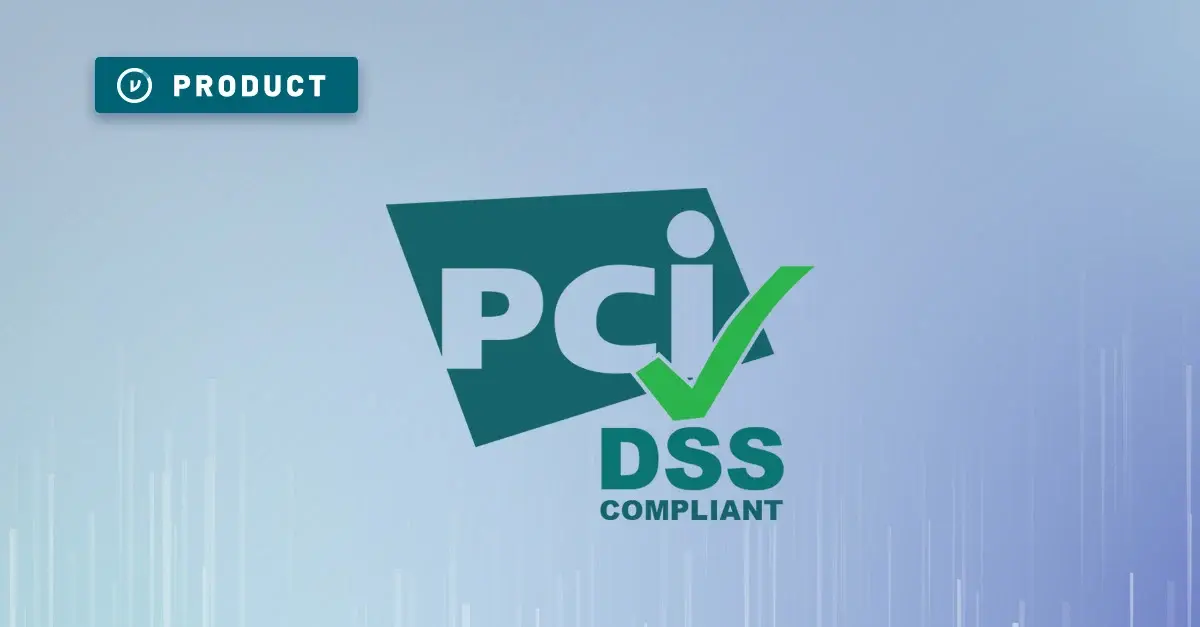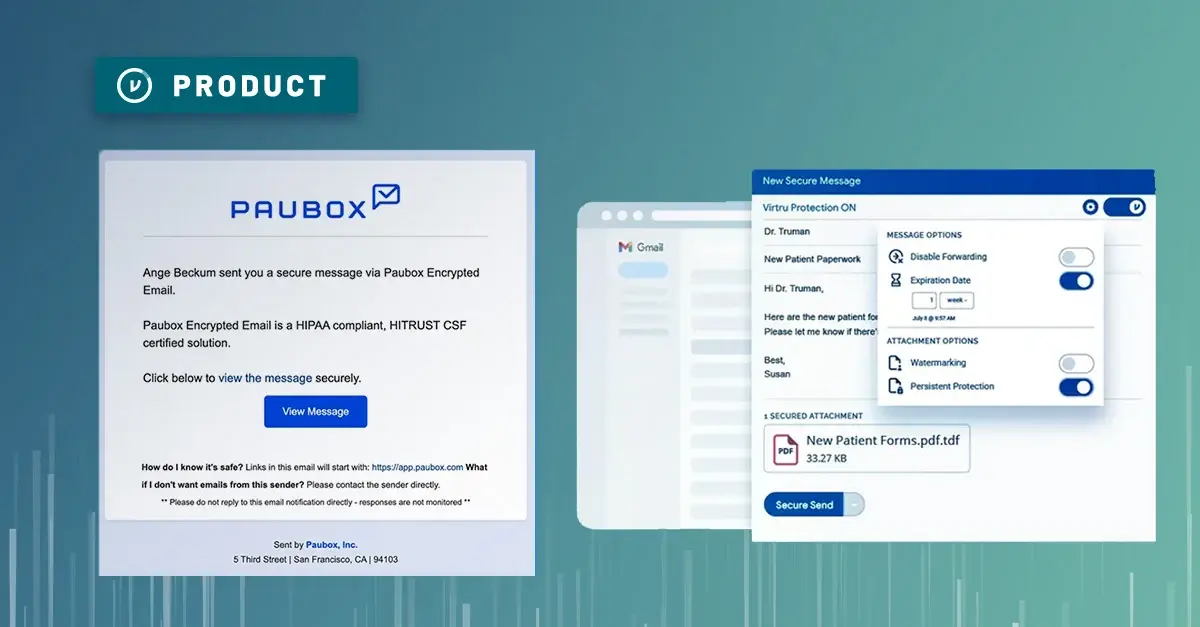Real estate is a prime target for cybercriminals, and it's easy to see why: high-value transactions happen daily, almost everything is digital, and real estate companies store massive amounts of personal and financial data. This combination makes the industry especially attractive to hackers looking for valuable data they can steal in a single breach.
Protecting your clients' sensitive information is crucial, but many real estate professionals aren't sure where to start. Per CNBC, Real estate email scams have skyrocketed - FBI data shows losses surged from $9 million in 2015 to a staggering $446.1 million in 2022. The good news? Building strong data protection for your real estate transactions doesn't have to be complicated – it starts with understanding the basics.
What’s at Risk: Client NPI
The Gramm-Leach-Bliley Act (GLBA) defines nonpublic personal information (NPI) as:
“Personally identifiable financial information – provided by a consumer to a financial institution, resulting from any transaction with the consumer or any service performed for the consumer; or otherwise obtained by the financial institution.”
What Is Considered NPI?
NPI includes:
- Basic information provided by a consumer on an application, such as name, address, social security number, or income.
- Information from a transaction involving a financial product or service, such as account numbers, credit or debit card purchases, payment history, and loan balances.
- Information that financial institutions obtain as part of providing a financial product or services, such as credit reports or court records.
The term does not include publicly available information lawfully made available by federal, state, and local governments.
If this sensitive data ends up in the wrong hands, it can be used to scam your clients and harm their credit. Failing to protect client NPI can subject real estate agents to costly CFPB compliance penalties, but more importantly, it can damage your reputation and alienate your clients.
One of the largest safeguards protecting your clients’ data privacy is the Consumer Financial Protection Bureau (CFPB). Real estate industry professionals who handle real estate transactions must maintain CFPB compliance, or else they face steep financial penalties
How to Protect NPI in Real Estate Transactions
To help organizations in the real estate industry better equip themselves to protect sensitive client data, the American Land Title Association (ALTA) has issued a number of guidelines surrounding best practices for protecting NPI to meet CFPB compliance:
- Restrict access to NPI only to those who need to access it, when they need to access it. Also ensure that all employees undergo background checks before being granted access. After an agency no longer has reason to access the data, it should be disposed of thoroughly.
- The use of removable data devices, like thumb drives, should be either prohibited outright or strictly controlled via an organization-wide policy.
- NPI should only be delivered via secure methods.
- Create a disaster management plan in case things go wrong. This could be as straightforward as a security breach, or even just a server or network failure that impacts business continuity.
- Establish and follow procedures to audit your organization for CFPB compliance, and review those procedures to ensure that the audits themselves don’t leak NPI.
- Ensure that your agency is well-informed of your state’s security breach notification laws, and is prepared to follow them in case of a data leak.
Unlock Seamless, Secure NPI Sharing with Virtru
Virtru provides mortgage lenders, title agencies, real estate lawyers, insurance companies, and other real estate industry professionals with data-centric protection to maintain the privacy of NPI and other sensitive data, wherever it is shared.
Our military-grade encryption solutions integrate seamlessly with Outlook and Gmail, eliminating the complexities of legacy solutions while ensuring compliance with GLBA, CFPB, GDPR, CCPA, and other privacy regulations. Using Virtru, you can:
- Seamless email encryption that works directly in Outlook and Gmail - without the complexities of S/MIME or SFTP solutions
- Streamlined inbound and outbound secure file sharing for loan applications, mortgage paperwork, KYC verification, insurance claims, and financial reports
- Complete visibility and control over sensitive data, including real-time tracking of who accesses documents and when
- Built-in compliance with GLBA, FINRA, FTC Safeguards, and other regulations
From email to files, SaaS apps and beyond - Virtru lets you securely manage every aspect of real estate transactions - from initial client communications to final closing documents - while maintaining the speed and efficiency your business demands.
Ready to protect your clients' data without slowing down your business? Book a demo with us today.




/blog%20-%20HIO%20Maya%20HTT/Maya-HTT-Level-2-lessons%20copy.webp)

/blog%20-%20cmmc%20level%203/CMMC-LEVEL-3.webp)

/blog%20-%207%20Healthcare%20Vulnerabilities/7-hipaa-vulns.webp)
/blog%20-%20please%20delete%20that%20email.%20domain%20wide%20protection/please-delete-that-email.webp)
/blog%20-%20next%20breakfast/next-breakfast-2.png)
/blog%20-%20microsoft%20bitlocker/microsoft-bitlocker.webp)

